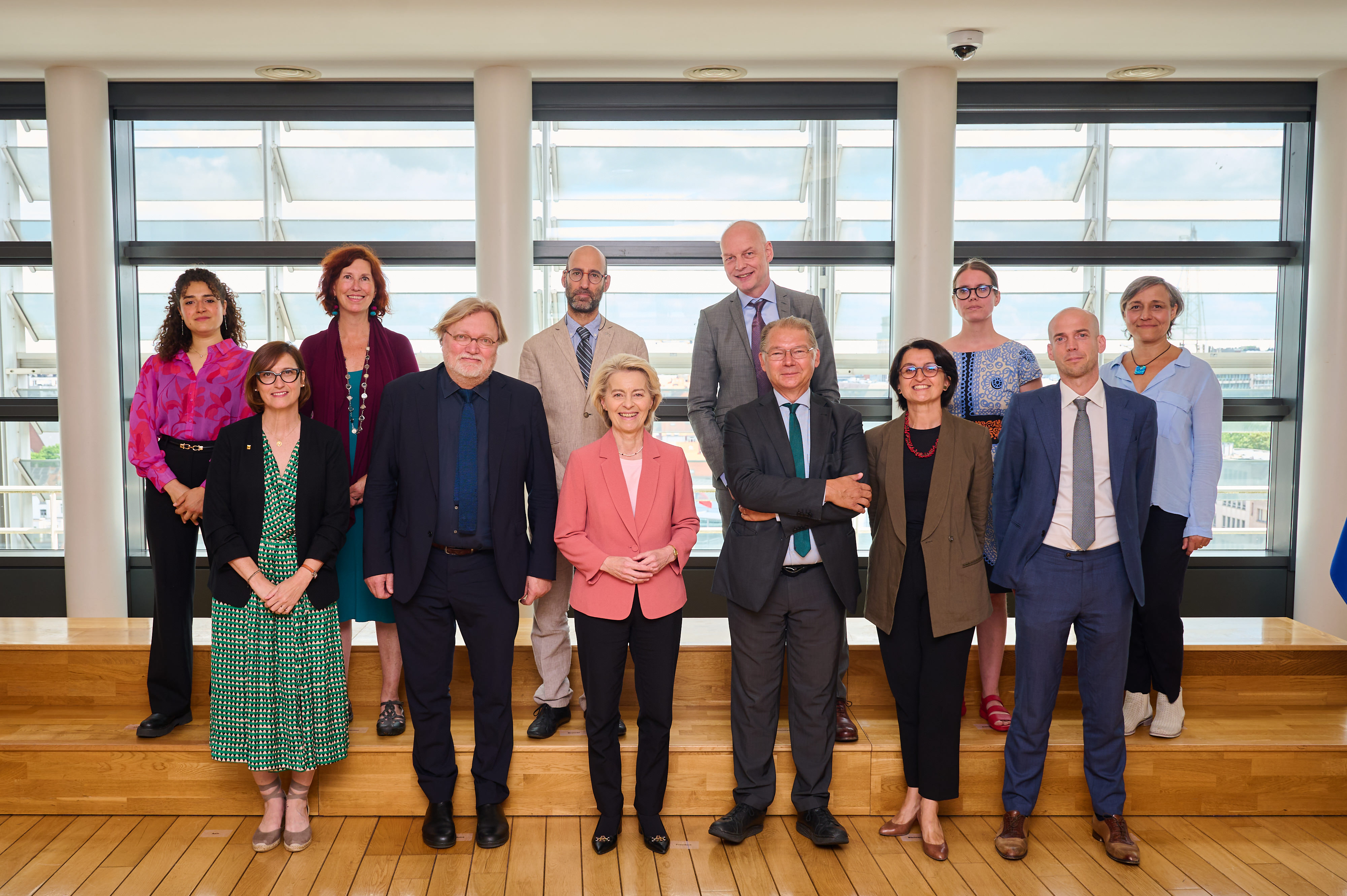Today, together with members PAN Europe and WECF, HEAL’s Executive Director Génon Jensen participated in the Implementation Dialogue on Biocides hosted by the EU Health Commissioner Várhelyi.
France’s initiative to update its national action plan on endocrine disrupting chemicals (EDCs) can be an inspiring driver for European action towards the reduction of exposure to toxic chemicals and shows that member states can take important steps to protect their population from hormone disruptors.
As part of the development of a second national strategy for action on endocrine disrupting chemicals (EDCs), the French authorities opened their draft action plan up for public consultation. The Health and Environment Alliance (HEAL) welcomes the French commitment to act in order to further identify, regulate and inform the public on EDCs.
The strategy is being developed in a context of important European developments, in particular following the European Commission Communication on a new EDC strategy. While this Communication has not yet been adapted into a fully-fledged work plan with a timeline for implementation, an ambitious French action plan can lead the way towards increasing national initiatives in order to reduce our daily dose of EDCs. It should be used by France together with other willing member states to push for further identification, regulation and prevention at the European level in the next years.
HEAL’s comments are available here and are in line with both HEAL’s vision for a non-toxic environment and the EDC-Free Europe demands relating to the development of a future European EDC strategy. They are also complementary to the comments submitted by our French members Générations Futures, WECF France, RES France, France Nature Environnement, and Alerte des Médicins sur les Pesticides.
An English summary of HEAL’s comments is available here.


